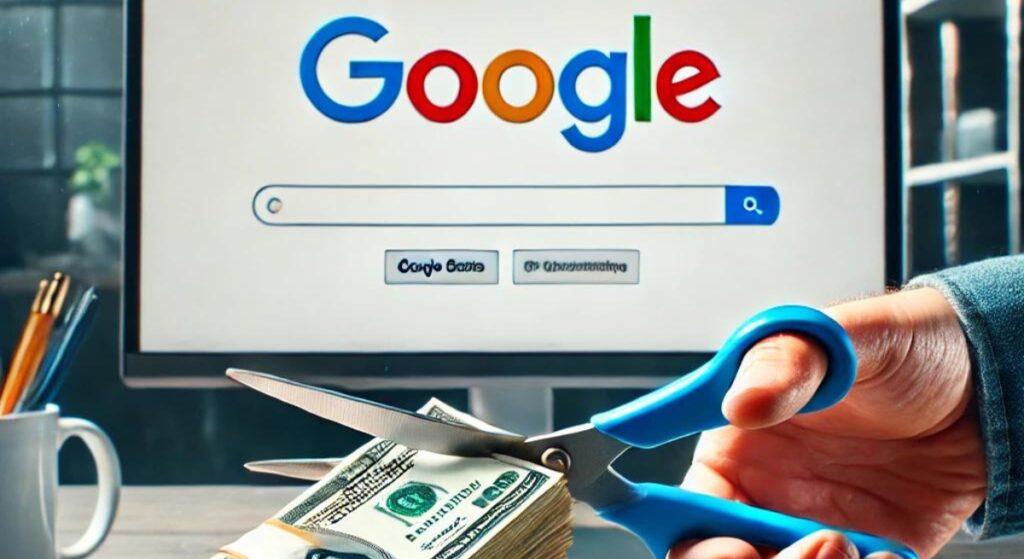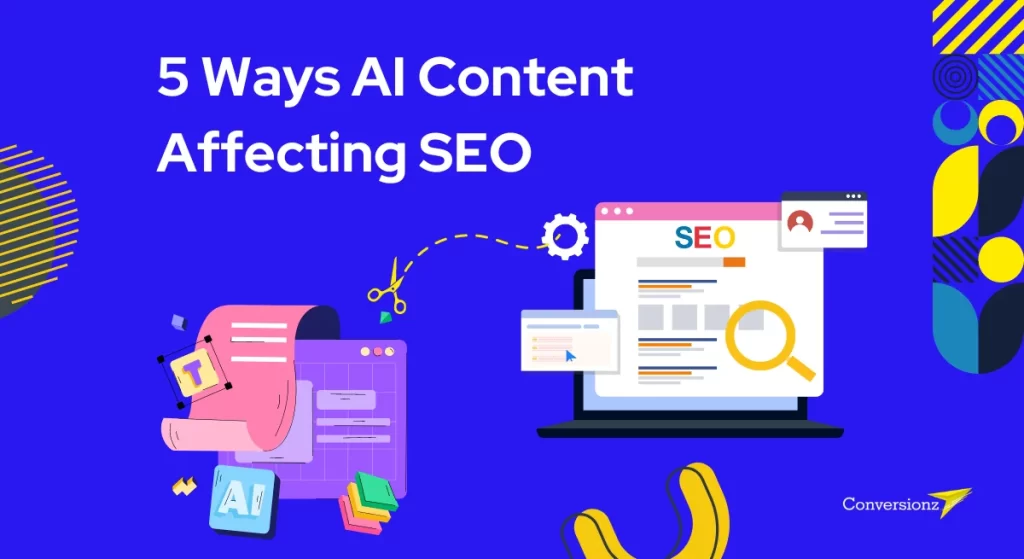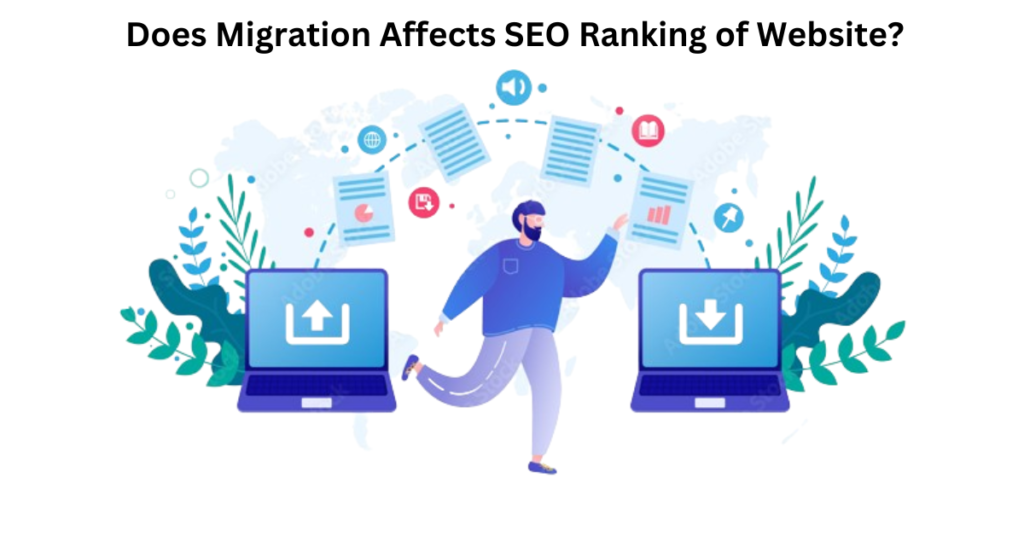In this evolving world of digital marketing, there is constant change driven by technological advancements and shifting consumer behaviors. As we approach 2025, it becomes inevitable for marketers to anticipate and adapt emerging trends that will benefit the industry. Here are 10 Digital Marketing Trends to visualize as we head into the next era of online marketing:
Segmentation And New Possibilities, A Major Role in Digital Marketing Trends
Hyper-segmentation is one of the most emerging trends in digital marketing tools. This trend helps reach the audience. Those digital marketers seeking to target audiences will have a storehouse of information provided by social networking sites and search engines.
The Digital Marketing Trends and strategy include a unique group of people looking for a particular segment in a specific place with similar behavioral activities. Digital marketing strategies are emerging with great software that is capable of identifying particular influencers automatically and predicting future attitudes. The potential customers of an organization who are likely to purchase and have the willingness to buy and give a positive rating can be analyzed.
Voice Search and Smart Speakers
Voice search and smart speakers are integral parts of the growing field of voice technology, which leverages natural language processing and speech recognition to enable interactions between humans and machines.
Social Commerce
Social commerce refers to the intersection of social media and e-commerce, where online shopping experiences are directly and effectively integrated with social media platforms. Its facility includes social networks such as Facebook, Instagram, Twitter, and others. It provides the facility to buy and sell products and services online. It is one of the significant Digital Marketing Trends in today’s world.
Content Personalization
Content personalization refers to tailoring digital content to individual users’ specific preferences, interests, and characteristics. The major objective of content personalization is to deliver a personalized and relevant experience, increase engagement and satisfaction, and ultimately achieve a specific business’s pre-determined objectives.
Influencer Marketing
Influencer marketing is a form of marketing that involves leveraging popularity and influencing individuals over social media platforms. This marketing strategy helps promote the brand, product, or service. These influencers have a large and engaged following, and their recommendations or endorsements can have a substantial impact on the purchasing decisions of their target audience.
User-Generated Content (UGC)
User-generated content (UGC) refers to any content, such as text, images, videos, reviews, or other media forms, created by users rather than the content provider or publisher. This content is typically generated on several online platforms and social media applications where users actively contribute and share their creativity, thoughts, and ideas.
Gamification
Gamification is a process of using game elements on websites as one of the major critical factors in digital marketing. Even though it’s oversimplified, most companies use game design elements to boost revenue, client retention, and word-of-mouth advertising. Interactive features on a website are an excellent way to give users more of what they want, encourage them to explore the site, and help them understand your target market segment.
Podcasting
A business’s capacity to tell its narrative with the help of a podcast that can be accessed from any internet-connected device can considerably profit from today’s always-online consumer base.
Just like with any website for the development of high-end content, it is up to you to choose accurately who you want to be a viewer. The podcast’s duration will majorly depend on how much the audience is part of it and communicates.
Artificial intelligence
Forbes, an American business magazine, revealed that around 84 percent of marketing organizations integrated or expanded their use of AI and machine learning in 2018, showing that marketers are quickly realizing the potential of this high-end technology.
Digital strategy consultant Clark Boyd says, ’’ We will start specific business applications with GPT- 4. There’s a lot of funding going into startups at the minute that are trying to build, for example, social media content generation tools. So, you could just put in some information about your brand, and those tools would come up with 50 ideas for your content, and you drag and drop the ones you’re most interested in. ‘’
Instead of replacing marketers’ and advertising jobs, Artificial Intelligence is coming to help those industries make the most of their existing strategic and high-level capabilities. To do this, advertisers and marketers must adapt their practices and marketing strategies to the current Digital Marketing Trends.
Blockchain for Transparency
Blockchain technology will be employed to enhance a high level of transparency and security using a ledger system in digital advertising. Advertisers can ensure the validity of ad impressions and track the entire ad supply chain, reducing fraud and improving trust between brands and consumers.
Conclusion
As we step into 2025, staying ahead of these digital marketing trends will be essential for businesses looking to thrive in the ever-evolving digital landscape. Embracing some of the latest new technologies, prioritizing user experience, and demonstrating a commitment to ethical practices will be crucial to success in this dynamic industry. Keep a close eye on these Digital Marketing Trends and be ready to adapt your digital marketing strategies per your needs and requirements.




